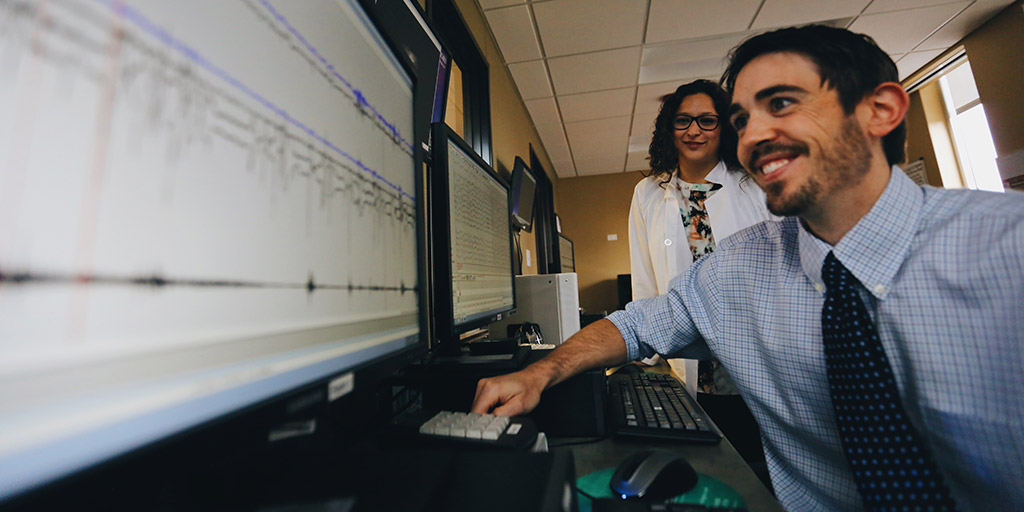Trouble falling asleep? Baylor prof’s research identifies a simple trick that can help

Not all of us are graced with the ease of falling asleep the minute our head hits the pillow. For many of us, once the light turns off, our thoughts still race as we consider all that we have to do and be worried about. In fact, about 40% of Americans have trouble falling asleep at least a few times a month — so it’s no surprise that recent research by Baylor psychologists about how to fall asleep faster is catching the eye of many.
The solution is simple, cheap and effective: Take five minutes before bed and write your to-do list for the next day.
Upon approaching the research, there were two hypotheses about how writing a to-do list might affect worry: 1) That it might lead to increased worrying, since you’re calling to mind all the things you have to do, or 2) That it might offload such concerns from your consciousness. “We live in a 24/7 culture in which our to-do lists seem to be constantly growing and causing us to worry about unfinished tasks at bedtime,” says Dr. Michael Scullin, assistant professor of psychology and neuroscience at Baylor and the study’s lead author. “Most people just cycle through their to-do lists in their heads.”
Thankfully for all of us, the research found that writing down our worries and tasks can help us put those thoughts to rest [pun intended] and get better sleep. For the study, Baylor psychologists monitored 57 healthy adults, ages 18 to 30, overnight in a lab. The researchers asked half of the participants to write down all they had accomplished in the last few days, and asked the other half to write down all they had to do in the next few days. Using polysomnography, which is regarded as a gold standard for studying sleep by measuring eye movement, brain-wave activity, and more, they found that the participants who wrote to-do lists fell asleep an average of nine minutes faster than the others. What’s more, people who wrote very specific lists fell asleep even faster than those who wrote shorter, more general ones!
While nine minutes might not sound like much, Scullin says it’s comparable to the improvement seen in clinical trials for some prescription sleep medications on the market. He’s not alone in seeing significance in the research — outlets worldwide ranging from USA Today, TIME and Forbes to Men’s Fitness, Good Housekeeping and Glamour have shared tips from this helpful research, as well.
Sic ’em, Baylor Psychology!

